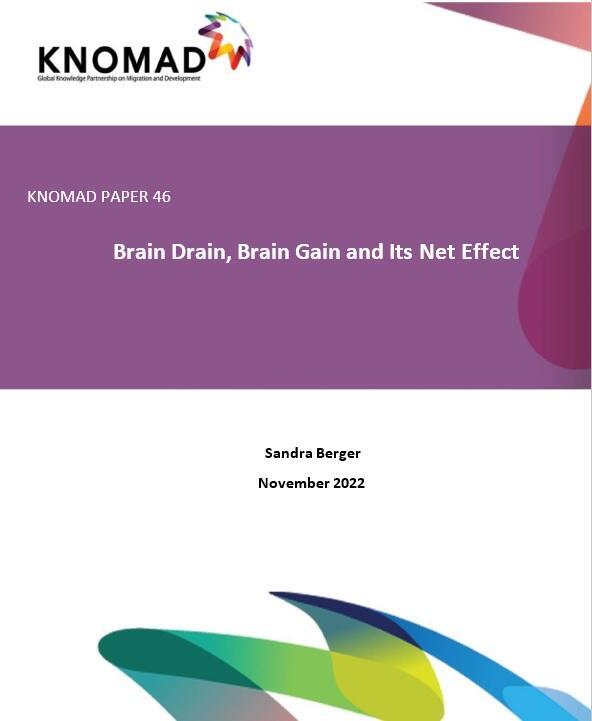
Brain Drain,Brain Gain and Its Net Effect
With a total of 272 million migrants worldwide in 2019, the world has seen an absolute increase in their flows over the past decades. Today, more than half of such flows are composed of movements between developing countries. While literature on the impact of migration is abundantly present, the associated works largely focus on the impact of high-skilled immigration. Instead, relatively few empirical studies have analysed the impact of high-skilled emigration, especially on low-income countries of origin. Consequently, this paper aims to contribute to the recent effort of identifying the pathways through which a country of origin might benefit from the emigration of high-skilled individuals. To do so, it provides an overview of literature outlining the determinants of high-skilled migration, and the impacts that these have in relation to the human capital, labour market and macro-economic development of low-income countries of origin. Based on the insights gathered, a conceptual framework on measuring the net brain gain effect is proposed; one that draws on three established theories - the human capital theory, migration theory and brain circulation theory. This subsequently results in the formulation of an empirical methodology to assess the net brain gain effect.

